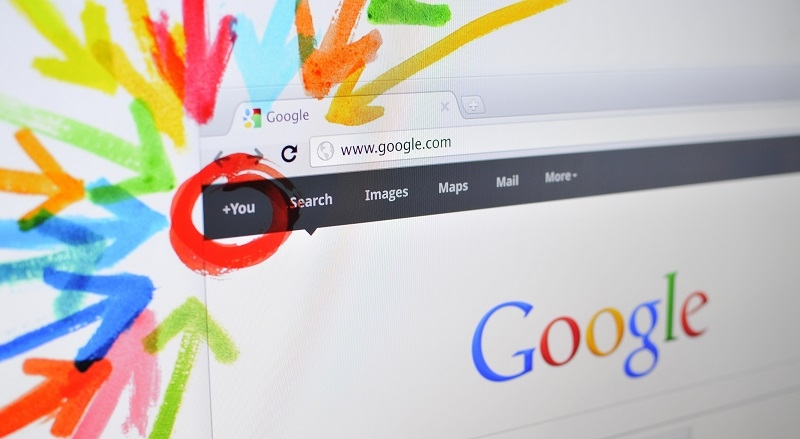Google has its hands in all sorts of projects these days, many of which it excels at. There is, however, one glaring blemish on its record that's hard to ignore - its handling of Google+, the company's answer to Facebook.
The search giant launched Google+ in the summer of 2011, electing to do so using an invite-only basis for the first few months. Despite the bottleneck, the social network managed to attract more than 20 million unique visitors within its first three weeks. Facebook's 750 million active user head-start along with several other miscues ultimately proved to be too wide a gap to close.
Pinpointing exactly what went wrong with Google+ is no easy task.

Some say things went south when its creator, Vic Gundotra, left the company. Others believe it was questionable moves - like the aforementioned invite-only rollout, the fact that Google+ users could e-mail people without knowing their address or its shaky real names policy - that ultimately led to where we are today.
Bradley Horowitz, VP of Streams, Photos and Sharing, admitted in a blog post earlier today that the company made some choices that, in hindsight, they've needed to rethink.
In the coming months, Google will be moving some features that aren't essential to an interest-based social experience out of Google+. We've already seen this taking place over the past several months but the biggest changes are still to come.

Specifically, Google is doing away with the requirement that one needs a Google+ account to use all of the company's other products. Instead, a simple Google Account is all you'll need. We're told that YouTube will be one of the first products to make the change.
Horowitz added that they'll also be rolling out better options for managing and removing public Google+ accounts belonging to people that don't want to use them.
For those that keep up with tech news, this is hardly a surprise. Last September, Google quietly removed the stipulation requiring new Gmail users to have a Google+ account. The launch of Google Photos earlier this year (and the subsequent pending shutdown of Google+ Photos) and the removal of Google+ account links from its web properties in June provide even more evidence that Google is doing its best to put Google+ behind it while saving face.
